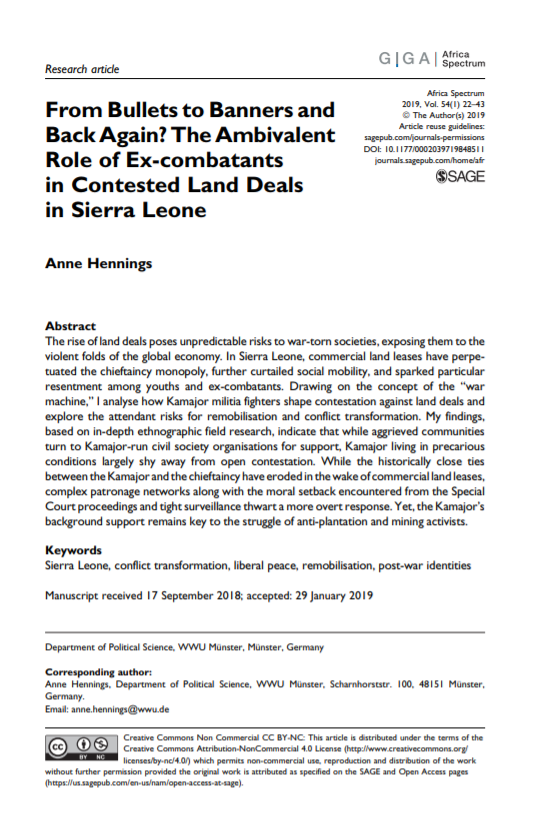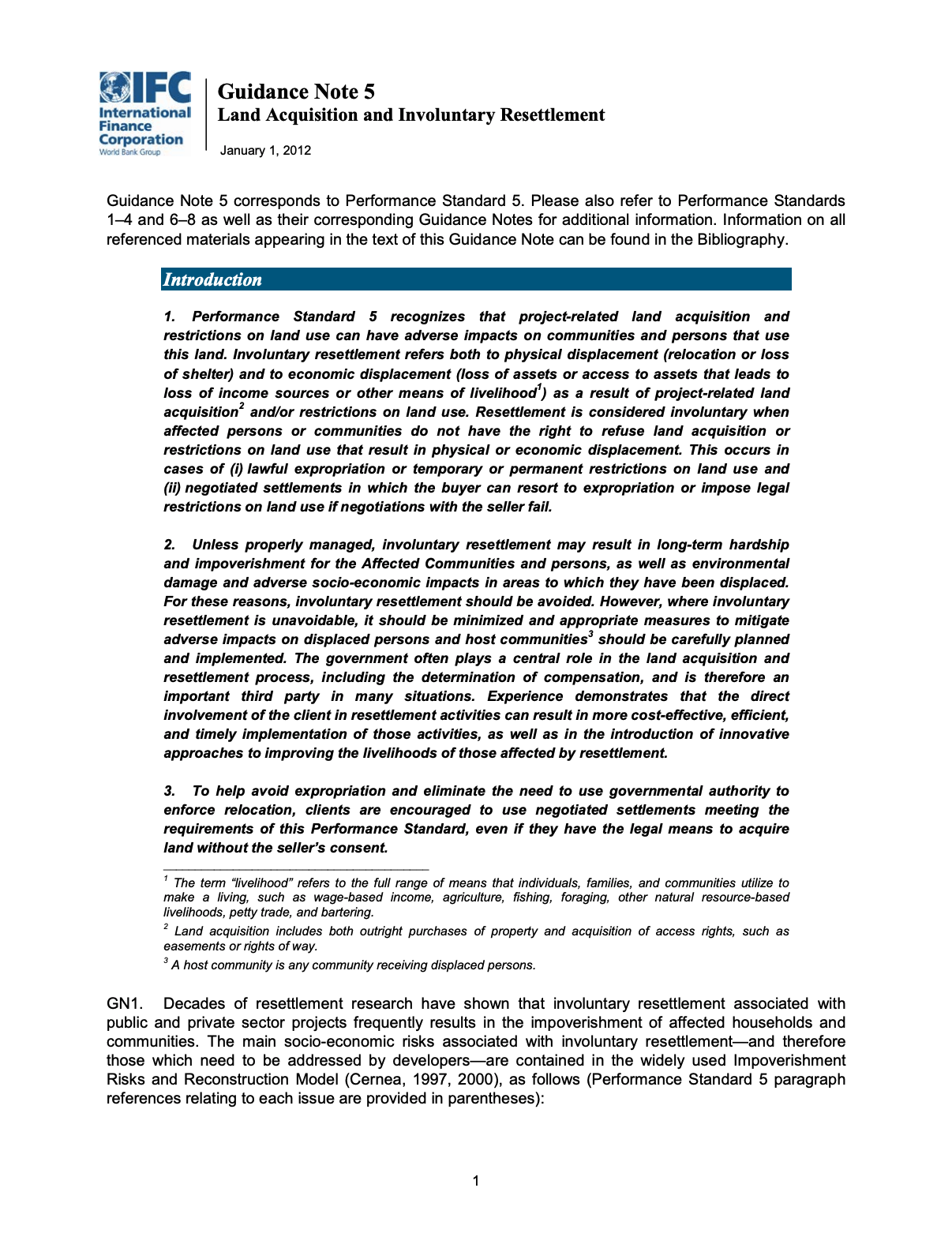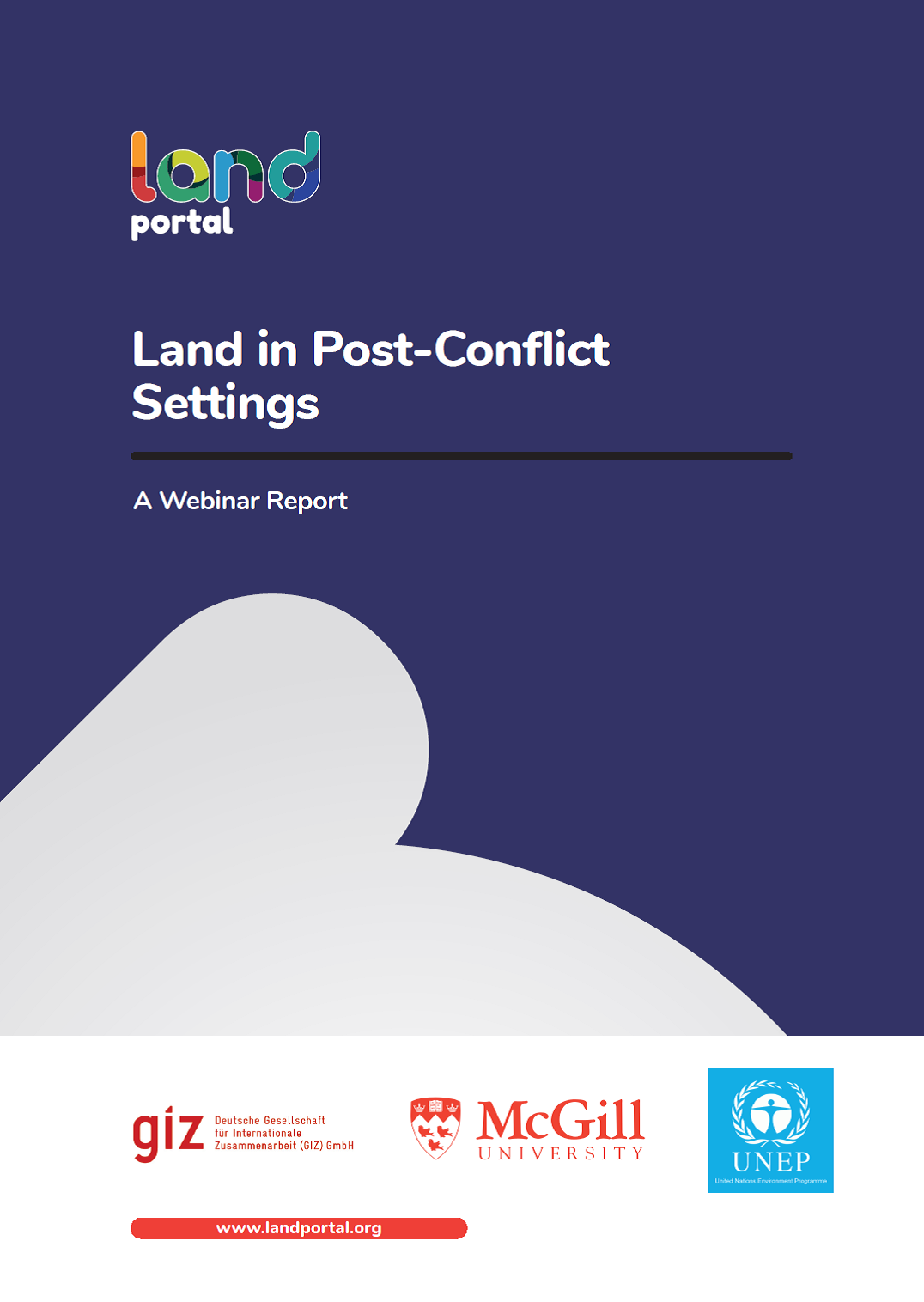Primitive Accumulation, New Enclosures, and Global Land Grabs: A Theoretical Intervention
Recent critical analyses of global land grabs have variously invoked global capitalism and neocolonialism to account for this trend. One line of inquiry approaches land grabs as instances of “primitive accumulation of capital” whereby lands in the Global South are “enclosed” and brought within the ambit of global capitalism. Another perspective invokes the history of Anglo‐American colonialism for critiquing the developmentalist discourse that depicts Africa as the “last frontier” to be tamed by the techno‐industrial civilization of the North.







